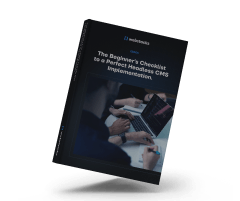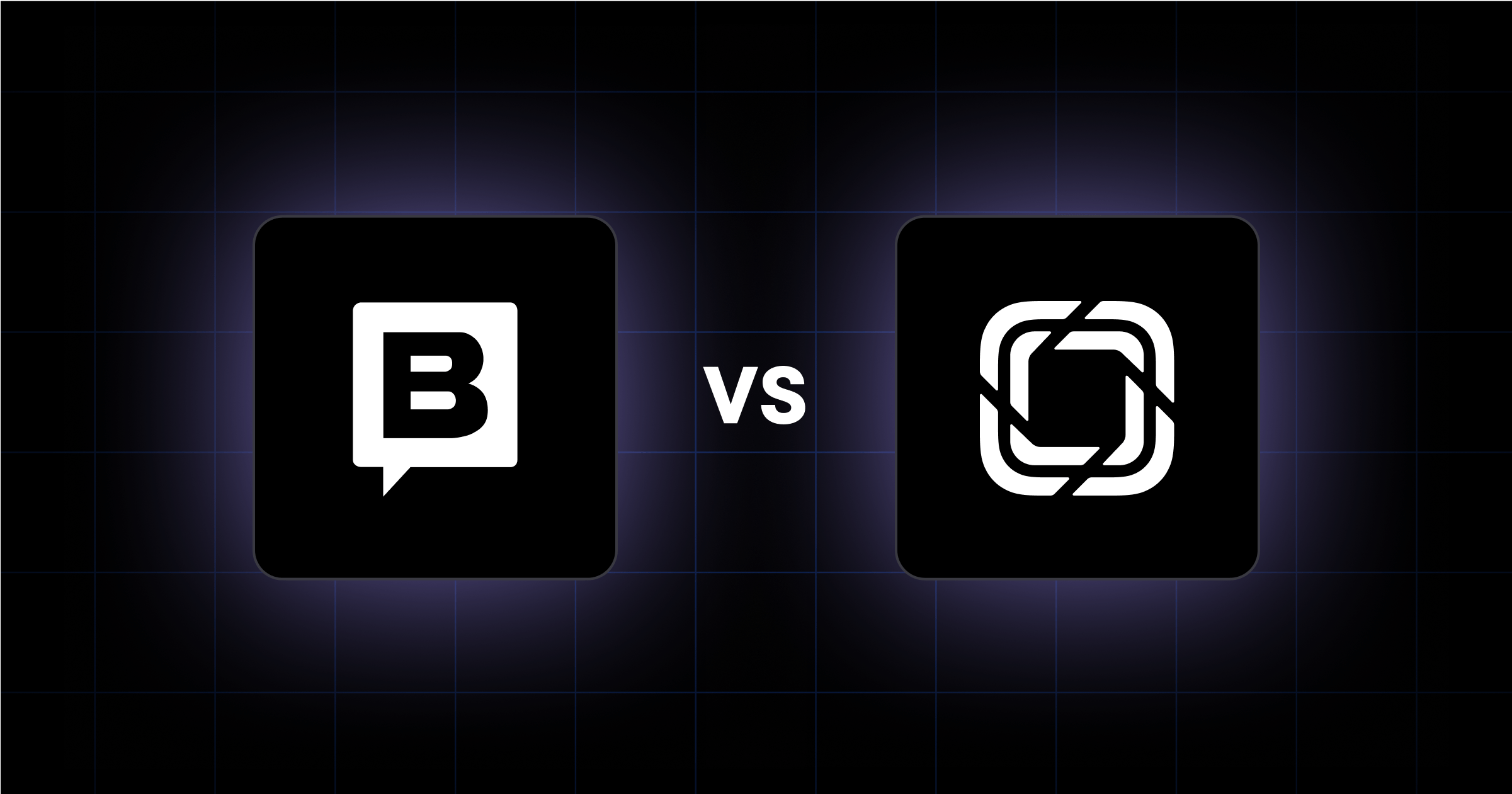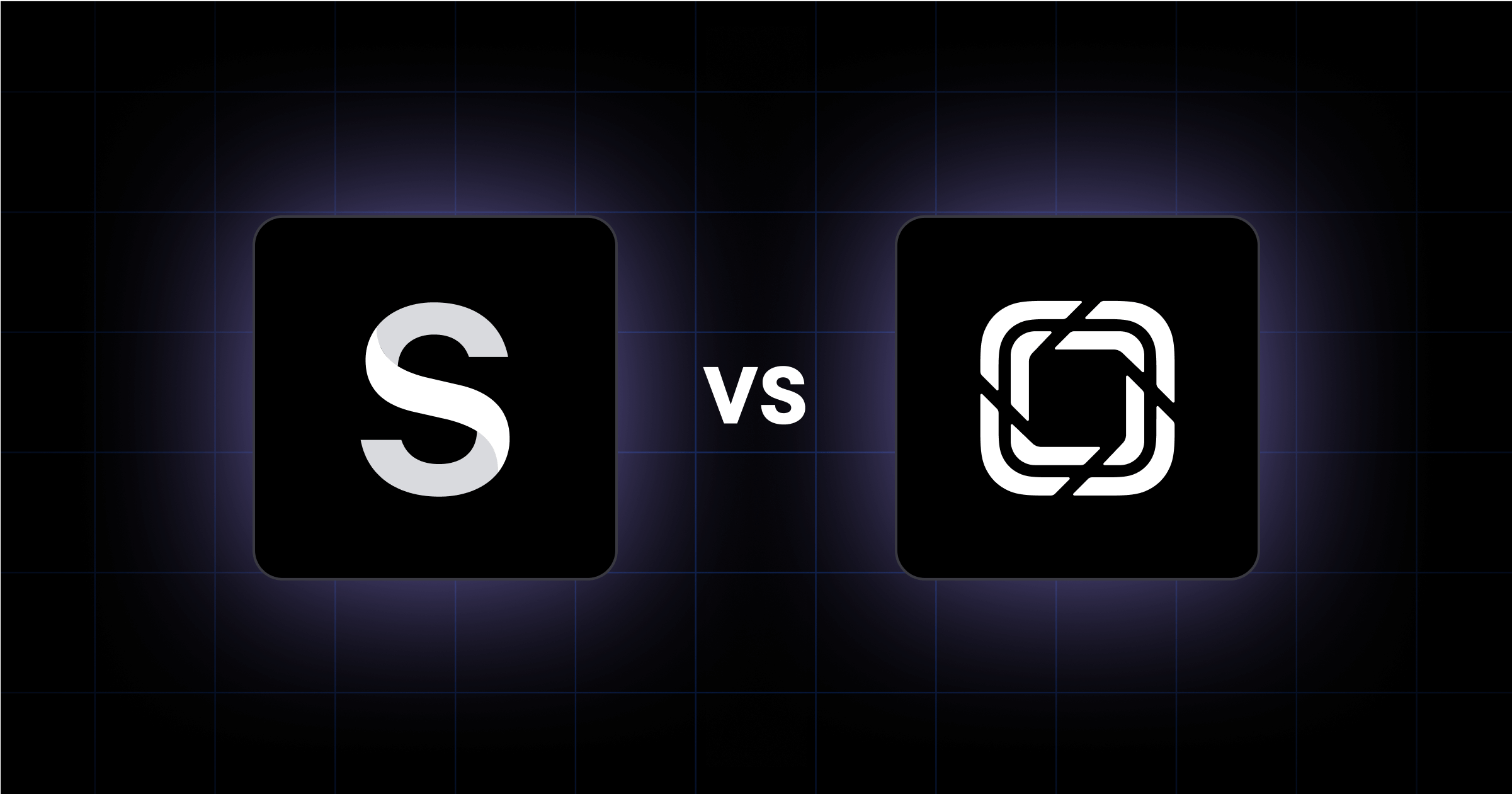Managing a website with millions of pages is no small feat, and optimizing it for search engines? That’s a whole new level of complexity. Add corporate red tape, and it becomes even more challenging.
Unlike standard SEO, enterprise SEO tackles massive websites while balancing internal politics. It demands a sharper focus on metrics and reporting to showcase your value.
Here’s a breakdown of what enterprise SEO involves and how you can make it work for you.
What is Enterprise SEO?
Enterprise SEO is the practice of optimizing a large-scale website for organic search while navigating corporate hurdles to get things done. This involves dealing with websites that have millions of pages to optimize, monitor, and work with. You have to manage many stakeholders, internal politics, and red tape to make updates. A stronger focus on metrics and reporting is necessary to prove value and align stakeholders.

How is Enterprise SEO Different from Regular SEO?
Optimizing a large-scale website with millions of pages presents unique challenges. Unlike regular SEO, which deals with hundreds of pages, enterprise SEO requires managing a vast number of assets. This scale magnifies typical SEO problems, making them more complex to address.
Navigating corporate hurdles adds another layer of difficulty. Implementing changes involves dealing with internal politics, multiple stakeholders, and red tape. This environment demands a strategic approach to get things done efficiently.
Metrics and reporting take on greater significance. You need to prove the value of your efforts to align stakeholders and secure buy-in for your initiatives. Detailed reports and data-driven insights become essential tools in demonstrating the impact of your SEO strategies.
While the core strategies of SEO remain the same, their application differs significantly. The scale and complexity of enterprise websites require a more robust and scalable approach. You must adapt your techniques to handle the increased volume and ensure that every aspect of the site is optimized for search engines.
Foundational Enterprise SEO Strategies
Optimizing Site Architecture
Optimizing site architecture ensures search engines can crawl and index your content efficiently. For a large-scale website, this means structuring your site so that all pages are easily accessible. Use a logical hierarchy and clear internal linking to guide search engine bots through your site. This approach maximizes your crawl budget, ensuring that search engines can index as many pages as possible.
Technical SEO
Technical SEO involves conducting comprehensive site audits to identify and fix issues that could hinder your site's performance. Focus on optimizing site speed, ensuring mobile friendliness, and implementing structured data. Learn how to build a scalable website to ensure site performance and handle increased volume efficiently. These elements improve user experience and help search engines understand your content better. Regular audits help you stay ahead of technical issues that could negatively impact your rankings.
Content Strategy
A robust content strategy starts with thorough keyword research. Identify high-value opportunities across your site and create targeted, optimized content to cover these topic clusters comprehensively. This approach ensures that your content meets user intent and ranks well for relevant search queries. Regularly update and expand your content to keep it fresh and valuable to your audience. Achieve content at scale with efficient workflows to ensure your content strategy is robust and effective.
Tracking & Reporting
Effective tracking and reporting are vital for measuring the impact of your SEO efforts. Use robust rank-tracking tools to monitor head, torso, and long-tail keywords. Customized dashboards and reports provide insights into your SEO performance, helping you prove the ROI of your strategies. Regularly review these metrics to adjust your approach and ensure continuous improvement.
Link Building
Earning authoritative links to key pages establishes your site as a topical authority. A solid B2B website strategy can inform your link-building efforts and overall SEO approach. Thus, focus on acquiring high-quality links from reputable sources within your industry. Leverage your brand's reach to secure these links, enhancing your site's credibility and improving its search engine rankings. Quality over quantity is key in link building.
Best Practices for Scaling Enterprise SEO
Scaling enterprise SEO requires breaking down silos and fostering collaboration. Cross-functional teamwork between SEO, IT, UX, and content teams is crucial for success. Establishing SEO best practices across the organization creates a unified approach and makes it easier to implement changes and achieve results. Learn to implement SaaS website best practices to enhance your tracking and reporting strategies.
Automation and Integration
Automation and integration streamline your SEO processes. Leveraging APIs, tools, and integrations simplifies data analysis and workflows. Automate repetitive tasks like reporting, alerts, and basic optimizations to save time and reduce errors. This allows your team to focus on more strategic tasks that require human insight and creativity. Programmatic SEO ensures consistency in your SEO efforts, making it easier to maintain and scale your strategies. Discover the benefits of this SEO to maximize organic search traffic through automation.
Prioritize and Execute
Focusing on high-impact opportunities is crucial for moving the needle in enterprise SEO. Identify the areas that will have the most significant impact on your SEO performance and prioritize them. Create a detailed roadmap with clear timelines, owners, and dependencies. This roadmap helps keep everyone on track and ensures that tasks are completed efficiently. Testing, iterating, and scaling successful tactics are essential for continuous improvement. By refining your strategies based on what works, you can achieve better results and stay ahead of the competition. Get your hands on B2B website best practices to guide your prioritization and execution of high-impact SEO tasks.

Measuring Enterprise SEO Success
Tracking the success of your enterprise's on-page SEO efforts involves several key metrics. Let's break down what you need to monitor.
- Organic Traffic Growth and Conversions from Key Landing Pages
Monitor the increase in organic traffic to your site. Pay attention to conversions from key landing pages. These metrics show how well your SEO strategies attract and convert visitors. Use analytics tools to track user behavior and conversion rates on these pages. Learn new ways to drive B2B website traffic to improve your organic traffic growth.
- Rankings, Impressions, and Clicks for Target Keyword Clusters
Track the rankings of your target keyword clusters. Monitor impressions and clicks to see how often your pages appear in search results and how many users click through. This data helps you understand which keywords drive traffic and which need more optimization.
- Share of Voice Relative to Competitors for Strategic Topics
Measure your share of voice in comparison to competitors. This metric shows how much of the conversation around strategic topics your brand owns. Use competitive analysis tools to compare your performance against industry rivals.
- Leads, Revenue, and ROI Attributed to Organic Search
Track the number of leads generated from organic search. Measure the revenue and ROI attributed to these leads. This data helps you understand the financial impact of your SEO efforts and justify your investment.
- Health and Optimization Scores for Critical Site Segments
Regularly assess the health and optimization scores of your site. Focus on critical segments that impact user experience and search engine rankings. Use site audit tools to identify and fix issues that could hinder performance.
- Team Productivity and Workflow Efficiency Metrics
Evaluate the productivity of your SEO team. Track workflow efficiency to ensure tasks are completed on time and resources are used effectively. Use project management tools to monitor progress and identify areas for improvement.
Choosing the Right Enterprise SEO Platform
Choosing the right enterprise SEO platform can make a significant difference in your SEO efforts. Look for a platform that is robust, flexible, and scalable to match your site's size and growth. This ensures that the platform can handle the complexities and volume of an enterprise-level site without compromising performance. Explore enterprise website design best practices to find the right platform for your needs.
Choose a Comprehensive Platform
A comprehensive platform provides data, insights, and recommendations across all SEO pillars. This includes technical SEO, content strategy, link building, and tracking and reporting. Having all these features in one place simplifies your workflow and ensures you have a holistic view of your SEO performance.
Automated Tools
Automated tools for site audits, content optimization, and link management are vital. These tools help identify and fix issues quickly, optimize your content for better rankings, and manage your link-building efforts efficiently. These are all important steps in building a content ecosystem to support your website’s rankings. Automation saves time and reduces the risk of human error, allowing your team to focus on strategic tasks.
Flexible Dashboards
Flexible dashboards and reporting capabilities are necessary to track KPIs and share insights with stakeholders. Customizable dashboards let you visualize data in a way that makes sense for your business, while detailed reports help demonstrate the impact of your SEO efforts. This transparency is key to maintaining stakeholder buy-in and aligning your team with your SEO goals. Especially if you have multiple businesses, knowing how to manage multi-brand websites with flexible dashboards can really help.
Integrations with Key Data Sources
Integrations with key data sources, tools, and platforms in your tech stack are also important. Seamless integration ensures that your SEO platform works well with other tools you use, such as analytics, CRM, and marketing automation platforms. This connectivity streamlines data flow and enhances your ability to make data-driven decisions.
Expert Customer Support
Expert customer support, resources, and strategic consulting can provide additional value. Access to knowledgeable support teams and strategic consultants helps you navigate challenges and optimize your SEO strategy. These resources can offer guidance on best practices, troubleshoot issues, and provide insights tailored to your specific needs.

Is Enterprise SEO Worth the Investment?
Organic search stands as a primary source of traffic and revenue for enterprises. When you optimize your site for search engines, you tap into a steady stream of potential customers actively searching for the solutions you offer. This organic traffic often converts better than other channels because users are already interested in your products or services.
SEO delivers compounding returns over the long term. Unlike paid advertising, which stops bringing in traffic once you stop paying, the benefits of SEO build over time. As your site gains authority and ranks higher for more keywords, you continue to attract more visitors without additional costs. This compounding effect makes SEO a cost-effective strategy for sustained growth.
The risks of not doing SEO are significant. Without a strong SEO strategy, you risk losing traffic to competitors who are investing in their search visibility. This loss of traffic translates to fewer customers and, ultimately, less revenue. In today's digital landscape, not prioritizing SEO means falling behind. To understand the financial impact of SEO efforts, learn how to measure website ROI.
With the right strategy, tools, and resources, enterprise SEO drives business growth. A well-executed SEO plan involves comprehensive keyword research, technical optimization, content creation, and link building. Using advanced tools and analytics, you can track performance, make data-driven decisions, and continuously refine your approach. This strategic investment in SEO not only boosts your online presence but also supports your overall business objectives.
See the Webstacks Difference: Schedule a Brief Discovery Call Today. Our team of experts is ready to help you transform your website into a powerful marketing tool. Visit Webstacks to get started.




